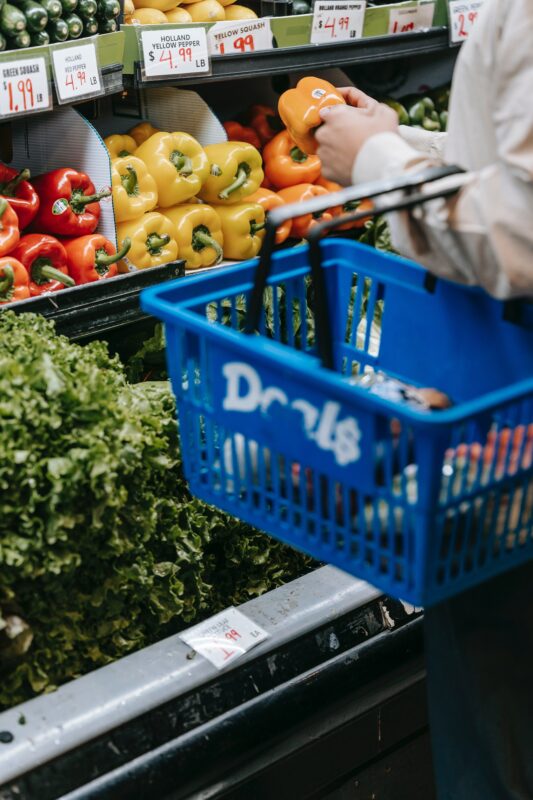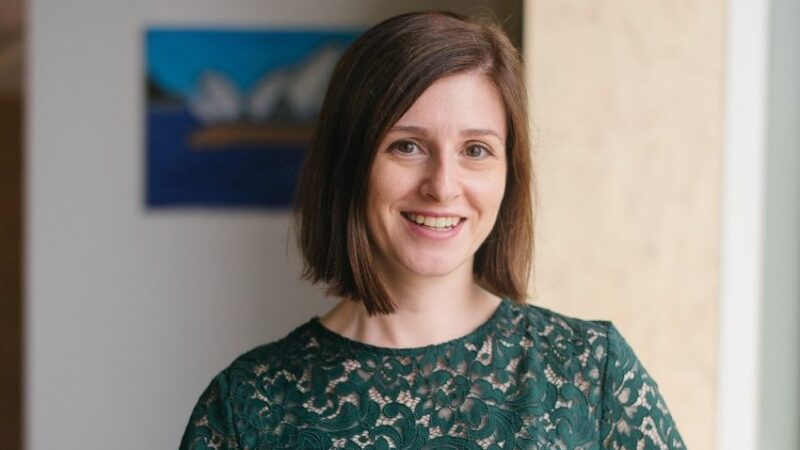People are turning away from the ‘we’ to focus on the ‘me’ – and that’s OK
As brands go all-in on sustainability, social responsibility and corporate transparency, corporate affairs guru Therese Raft has noticed a shift among consumers. They've stopped listening. Do values still matter in a cost-of-living crisis?
For years now, we have been told that green is the new black, social capital is king, and consumers will put their money where their values are.

We’ve been told people will pay more for products with a smaller carbon footprint, and that a company stance on social issues will keep employees motivated.
Disposable incomes and keyboard warrior outrage have driven companies to do better, be more transparent, and accountable.
Welcome to the new era where informed and enlightened consumers call the shots.
But something is changing; companies are still beating their chests and pushing out comms about their latest green initiative, but not as many people seem to be listening.
There’s something on the horizon that has captured our attention. It’s dark and a little scary. It’s rent and mortgage increases – for some, it’s a mortgage cliff. Already-expensive power bills are set to increase another 20 per cent or more. That two-litre milk staple has going up more than 15% in the year to May 2023. It’s young people still priced out of the property market. It’s schools having to call on Foodbank because more kids are coming to school with empty lunch boxes. It’s the friend, or the friend of the friend that’s recently lost their job. And it’s the employer making noises about budgets, rationalisation, and keeping clients sticky.
Our collective values and desire to put more good into the world has driven change across corporate governance, culture, and product development. I think most (but not all) would agree this was a positive and much needed shake-up.
However, when push comes to shove, how much are our values worth in the face of a cost-of-living crisis?
Which of those values will we hold near and dear in a world where people – according to the most recent Gallup State of the Workplace Survey – are feeling more angry, anxious and sad than they were three years ago?
It’s a highly personal question, so consider your shopping basket.
Does it look different now than it did three years ago? Are you choosing more generic brands, cutting back on the organic, free trade, sustainable options and going back to basics? I sure am. My favourite brand of milk is $6 for two litres.
I’d drink tall glasses of the chilled white stuff and make cup after cup of precious coffee if I could. But instead, I’m being forced to confront my coffee addiction and cut back.
Look up from your shopping cart. Are you making different kinds of life decisions than you would have three years ago? The number of people on Facebook parent groups agonising on whether or not they can afford another child is on the rise.
I read the comments and my heart aches for people who wanted a large family but won’t because, despite the love they have to give, they just can’t take on the financial burden. Then there are people – so many people – considering downsizing to reduce their mortgage. Making a move to a more affordable area. Single mothers moving in with each other to share costs. Grandparents, parents, and kids all living together to help with the burden of rising childcare.
Surely one of these examples resonates with you. They definitely do with your consumer.
When the economy is good, individuals can afford to be generous with their values and their dollar. But when times get tough, it’s only natural to turn inwards and focus on the things we can control closer to home.
I have an image in my mind as I write this. It’s the safety lift-out in the airplane seat pocket – the drawn instructions where it tells you to fit your own mask before helping others. It feels like the oxygen masks have dropped in the economy and consumers everywhere are busy tightening the elastics.
So, what do we do? Stop investing is sustainability? Retreat behind closed doors? Return to the drawing board? What an awful step back that would be.

No, we continue to invest, but more modestly, in the things that are important while acknowledging consumers can no longer pay a premium when there are cheaper (and perhaps less value-laden options) options available – nor should we expect them to.
Because we were investing in these things because it is the right thing to do, not just because we can make a profit, right?
And we reinvest where we can, to support consumers and employees get through the uncertainty. Social stances can be replaced by deals and loyalty programs. Tips on how to use less of a product or service will save your consumer now but will build loyalty well into the future.
If prevention is better than cure, then surely retention is better than acquisition.
Four-day weeks or nine-day fortnights can provide employees with the opportunity to create balance without hurting their hip pocket. Opportunities for meaningful connection will always trump mandatory days in the office. And considering a study by Cisco in 2022 found that four out of five Australians saved on average $216 a week by working from home – an average increase of 15.5% in savings – maybe make it easier for your employees to work flexibly (particularly if they’re living with their grandparents and parents these days).
People are turning away from the “we” to focus on the “me”. That’s okay. Communicators and marketers need to meet people where they are and in whatever form they present themselves in.
And be nimble and astute enough to recognise when it’s time to change. That time is now.

Therese Raft is head of corporate affairs for the Royal Flying Doctors Service.

Have your say